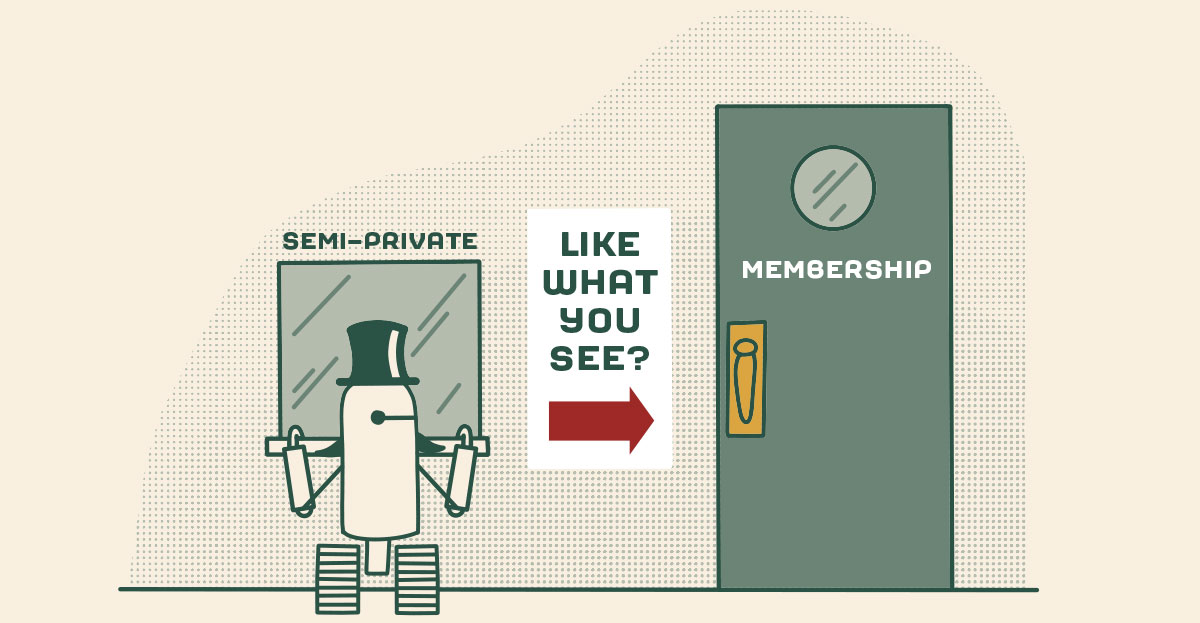
This Halloween, I'm heading down to New Orleans for a vampire themed costume ball. While I was doing research on where I might go and what I might attend, I realized that I could use ChatGPT to help. I quickly generated information on exactly what I was looking for.
This poses a problem for many content creators, including your association.
We've been trained to use search engines to interact with the Internet. Search has been a win-win game for users and content creators. If someone, like your association, creates content that delivers value, they gain the attention of users.
For example, if I search Google for a list of Halloween Balls, I will end up on the websites of the people who have created the most value around providing information on Halloween balls. Google wins, the content creators win, and I win. There's an entire digital marketing field built on this mechanism called search engine optimization (SEO.)
Artificial intelligence upends this formula. AI's like ChatGPT are trained on publicly available information: books, social media, articles, and *your* website. When ChatGPT processes this data to create a response to a query, it doesn't say, "Read more about this on this association's website." It just provides an answer.
In the new world, ChatGPT wins and the user wins, but content creators, like your association, are cut out of the deal.
Previously, content creators were rewarded for openly sharing information. It made it more likely you'd attract attention. Now, you're penalized for openly sharing. It makes it more likely you're wasting time and money.
Associations have asked the question for years, "Should we wall off our website's content for members only?"
My answer has always been, "Most, but not all, of the really valuable information."
Post artificial intelligence my answer is still, "Most, but not all, of the really valuable information."
Boo!
Don't worry, I would leave you with three recommendations:
1) Information whose value is temporal should almost always be public. E.g. a response to a big change in your industry. As of this writing, the data that the free version of ChatGPT was trained on hasn't been updated in two years.
2) You should invest more in less content. Any content that is unique in its insight or delivery is something that an AI can't replicate. Because of this, you'll be rewarded for investing more in interesting content that rises above the noise (and penalized when you create content an AI could replicate.)
3) Use semi-private channels to provide windows through the member wall. Semi-private channels are non-exclusive, but non-public channels. This might be a free, registration required social community (like a private Facebook group.) But most of the time it's going to be your public facing email list. These channels provide an opportunity for potential members to preview the information available behind your wall, without devaluing membership by opening it up to AI processing.
The big change post AI is that, if knowledge is part of your value proposition, it's more critical than ever that you're thoughtful about safeguarding it.

